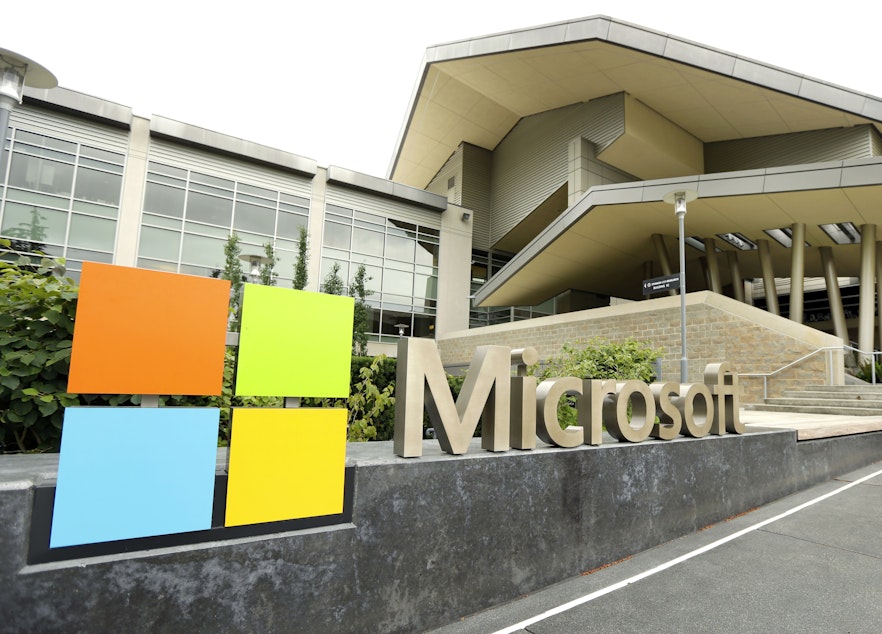Microsoft pledges climate action even as it helps Big Oil drill faster

On Monday, Microsoft announced new efforts to reduce its impact on the climate, including making some of its Xbox gaming consoles carbon-neutral.
But Microsoft’s new partnership with Chevron and Schlumberger, the world’s largest oilfield services company, left activists and Microsoft employees questioning how serious the tech giant is about tackling climate change.
“We believe this industry-first advancement will dramatically accelerate the speed with which we can analyze data to generate new exploration opportunities,” Chevron Vice President Joseph Geagea said in Microsoft's press release on the new partnership.
Accelerating the speed of oil extraction and its eventual combustion will also accelerate climate change, which is already pushing humanity into uncharted territory, with potentially catastrophic consequences.
“If Microsoft is so committed to sustainability, why did Microsoft partner with Chevron and Schlumberger this week to accelerate oil extraction?," asked youth climate activist Kathleen Ma. Ma confronted Microsoft Chief Environmental Officer Lucas Joppa at a United Nations youth climate forum on Saturday.
Sponsored
After activists’ applause died down, Joppa said Ma’s question about business dealings with the oil and gas sector was “one that the entire tech sector and everybody in the world that we live in today, which is predicated upon an oil and gas economy, has to answer.”
“It’s a conversation we’re having inside the company,” he added.
On Thursday, a group of employees calling themselves Microsoft Workers for Climate Justice issued a letter saying the Chevron-Schlumberger deal made it “no longer possible for us to ignore Microsoft's complicity in the climate crisis.”
They also pointed to Microsoft’s major contracts with ExxonMobil and Norwegian petroleum company Equinor. Their letter issued similar demands to the ones that Amazon and Google employees have made on their employers:
• Zero emissions by 2030.
Sponsored
• Zero contracts for fossil fuel companies to accelerate oil and gas extraction.
• Zero funding for climate denying lobbyists and politicians.
Joppa declined KUOW’s interview requests on Thursday and Monday.
In a blog post, he wrote, "there is still much work to do within Microsoft to embed sustainability more deeply across the company and into all that we do."
Microsoft pledged Monday to reduce carbon emissions from its supply chain by 30 per cent by 2030.
Sponsored
No details were provided as to how Microsoft would make 825,000 Xbox consoles, a small portion of Xbox sales, carbon-neutral. (Microsoft does not release Xbox sales figures, but others have estimated sales of 41 million.)
Tech employees at Microsoft, Amazon, and Google joined last Friday’s global climate strike to demand climate action that matches the scale of the crisis.
A day earlier, Amazon had announced its plan to achieve “net zero carbon” emissions, through an unspecified mix of pollution reduction and buying carbon offsets, by the year 2040. The company pledged to use 80% renewable electricity by 2024 and only renewable electricity by 2030.
Despite Amazon Employees for Climate Justice’s demands, CEO Jeff Bezos said Amazon would continue working with the oil and gas sector.
Amazon also disclosed its carbon footprint for the first time, something other big businesses have been doing for years: 44 million tons of carbon dioxide last year, or about 3 Googles' or nearly 3 Microsofts' worth of emissions.




